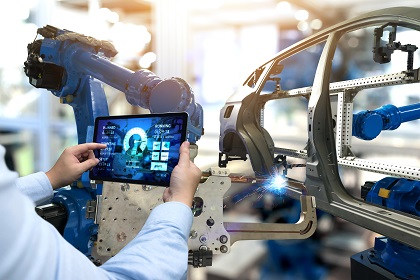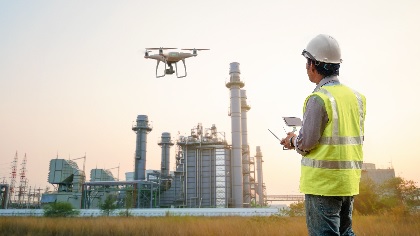Digital Manufacturing in India
Digital manufacturing is the next wave of business globalisation, which, post-pandemic is not just blind automation to save costs but the smart use of digital tools to modernise industry and create good quality jobs. Digital manufacturing is the next leap for India’s tech leadership - the first being the software outsourcing movement in the 1990s. This time around, government incentives are aligning with industry interests. It offers India a chance to reposition itself globally, and play a leadership role.











